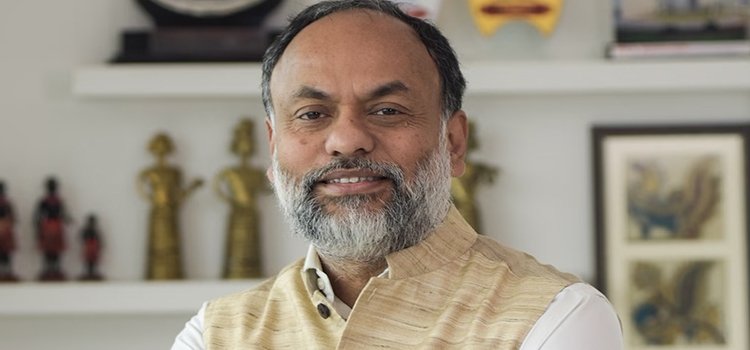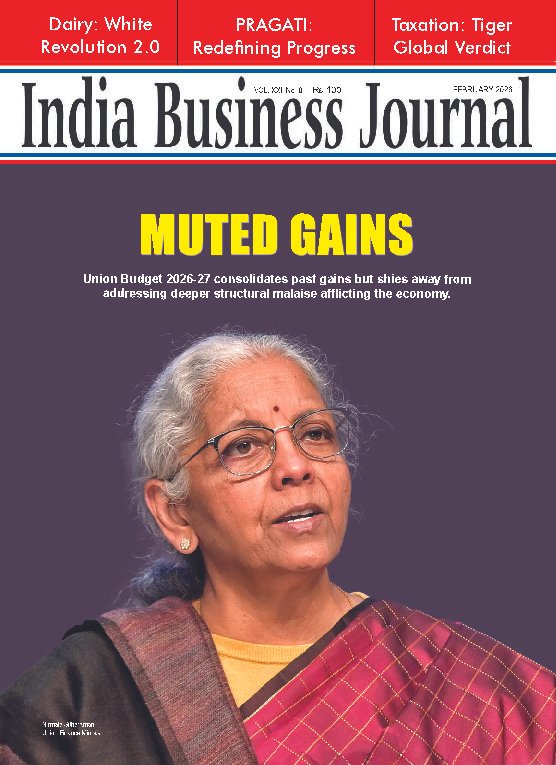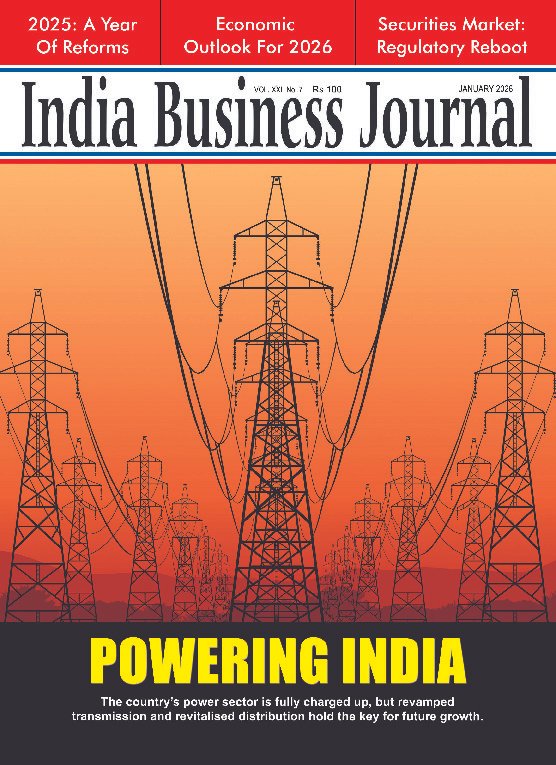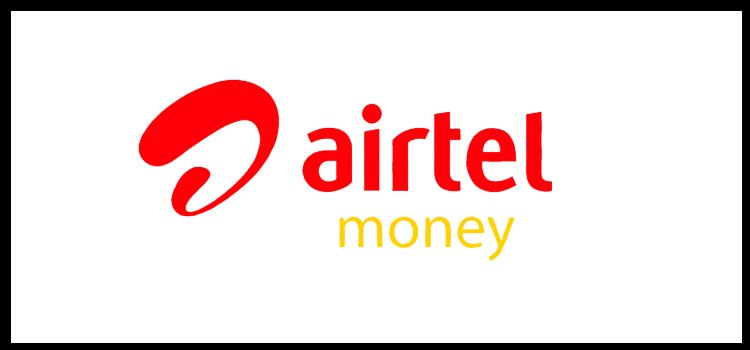AT THE HELM
AT THE HELM - Debasish Panda - Chairman, Insurance Regulatory and Development Authority of India
- IBJ Bureau
- Dec 07, 2024

The country’s life and general insurers were
overjoyed when Debasish Panda took over as chairman of the Insurance Regulatory
and Development Authority of India (IRDAI) in March 2022. Their happiness was
because the insurance regulator’s post was finally being filled up after lying
vacant for over 11 months. The top post was unoccupied since Subhash Khuntia had
retired as IRDAI chief in early May 2021.
But the insurers were happier for another important
reason. Although a retired top bureaucrat, Mr Panda knows the insurance sector
like the back of his hand. Mr Panda had taken keen interest in the insurance
sector during his earlier tenure as the financial services secretary. He had
been on the boards of two of the largest public sector insurance companies –
Life Insurance Corporation of India and general insurer New India Assurance
Company.
A postgraduate in physics, a master’s degree in developmental
management and an MPhil degree in environmental sciences, young Debashish began
his career as a civil servant as district magistrate in Uttar Pradesh’s Deoria,
Tehri, Uttarakashi and Ghaziabad districts. Mr Panda – a Uttar Pradesh-cadre
IAS officer of the 1987 batch –soon picked up the ropes of administration and
was posted as principal secretary of home and vigilance and as the CEO of Greater
Noida Development Authority, among others.
A long bureaucratic career finally landed Mr Panda –
who had undergone training in public administration in the US and the Philippines
– as secretary in the Union Financial Services Department. A two-year stint as
financial services secretary got Mr Panda to work closely with the IRDAI, life
and non-life insurers, the Reserve Bank of India and many banks. He pushed
forward several initiatives to promote insurance penetration and financial
inclusion across the country.
Now, in his post-retirement role as the IRDAI chief
for over two years, Mr Panda has infused new life into the insurance industry.
He has often remarked that the current number of insurance companies (total 68
– 24 life and 34 non-life insurers) is not enough to cater to the country’s
over 140 crore population. There is need for more insurers to increase the
country’s insurance penetration rate, which at around 4 per cent is actually
better than China’s 3.90 per cent. However, it is low when compared to the
penetration ratio in the US at 12 per cent and Europe’s average insurance
penetration rate of over 7 per cent.
With the higher penetration rate in mind, Mr Panda
has brought about speedy approvals of applications for floating an insurance
company. The insurance regulator has removed entry barriers for starting an
insurance company, permitting private equity players, institutional investors,
venture capitalists and family offices to become investors or promoters of an
insurance company.
The IRDAI, under Mr Panda, is also making efforts to
bring in more capital into the sector, given that insurance is a highly capital-intensive
business. The regulator is engaging more insurers to go public as it provides them
with access to capital. Besides, it also fosters transparency and improves the confidence
of both investors and policyholders. Mr Panda is also a vocal votary of 100 per
cent foreign direct investment (FDI) in insurance companies (currently there is
a cap of 74 per cent FDI) for accessing capital as well as global expertise and
technology.
No wonder, insurance companies find it easy to
operate under Mr Panda. Despite being a bureaucrat, Mr Panda understands the
nuances of the industry very well. And he is working with the insurers to
complete all the tasks that he has begun in his tenure.





















Report By
View Reporter News